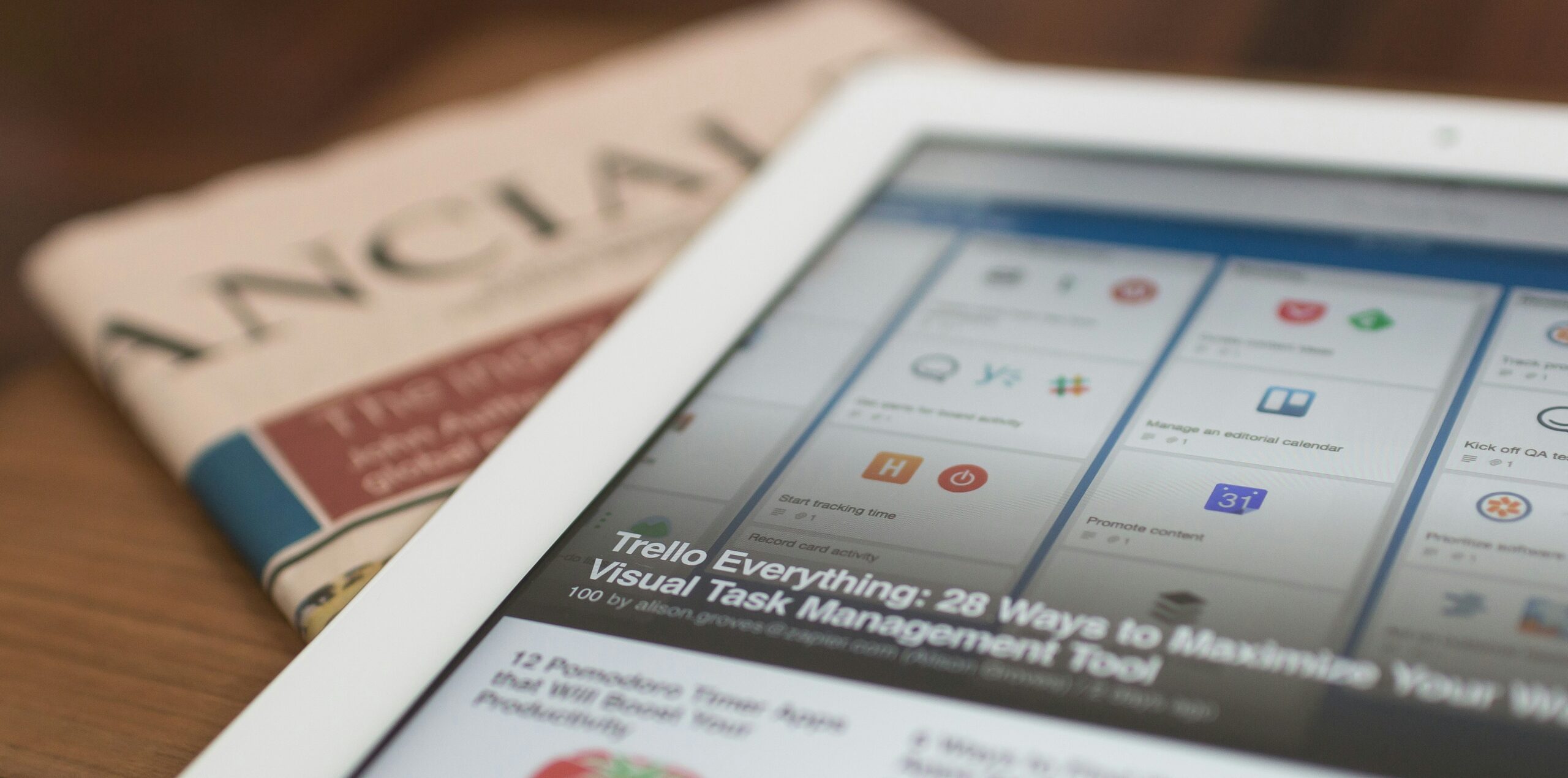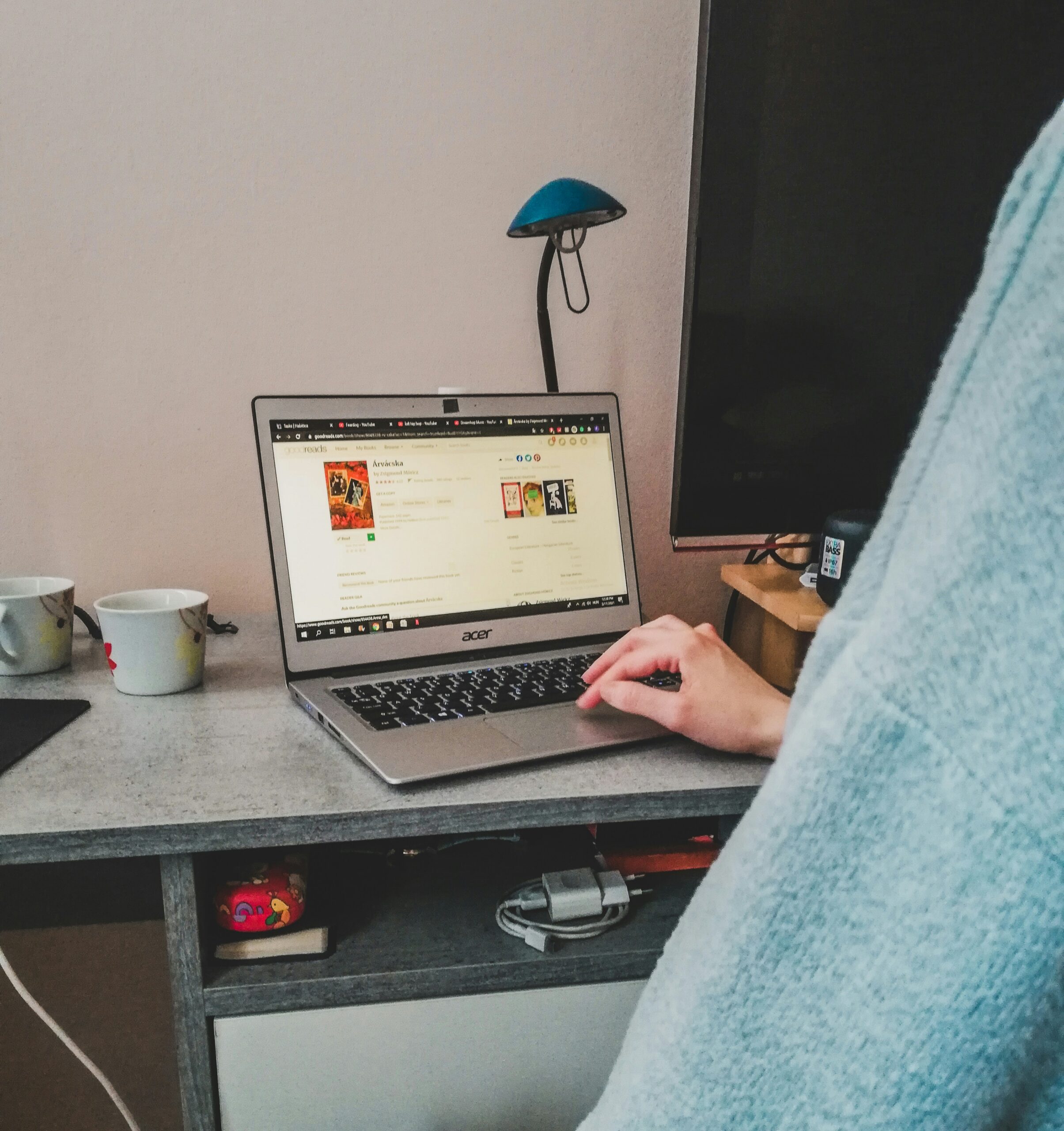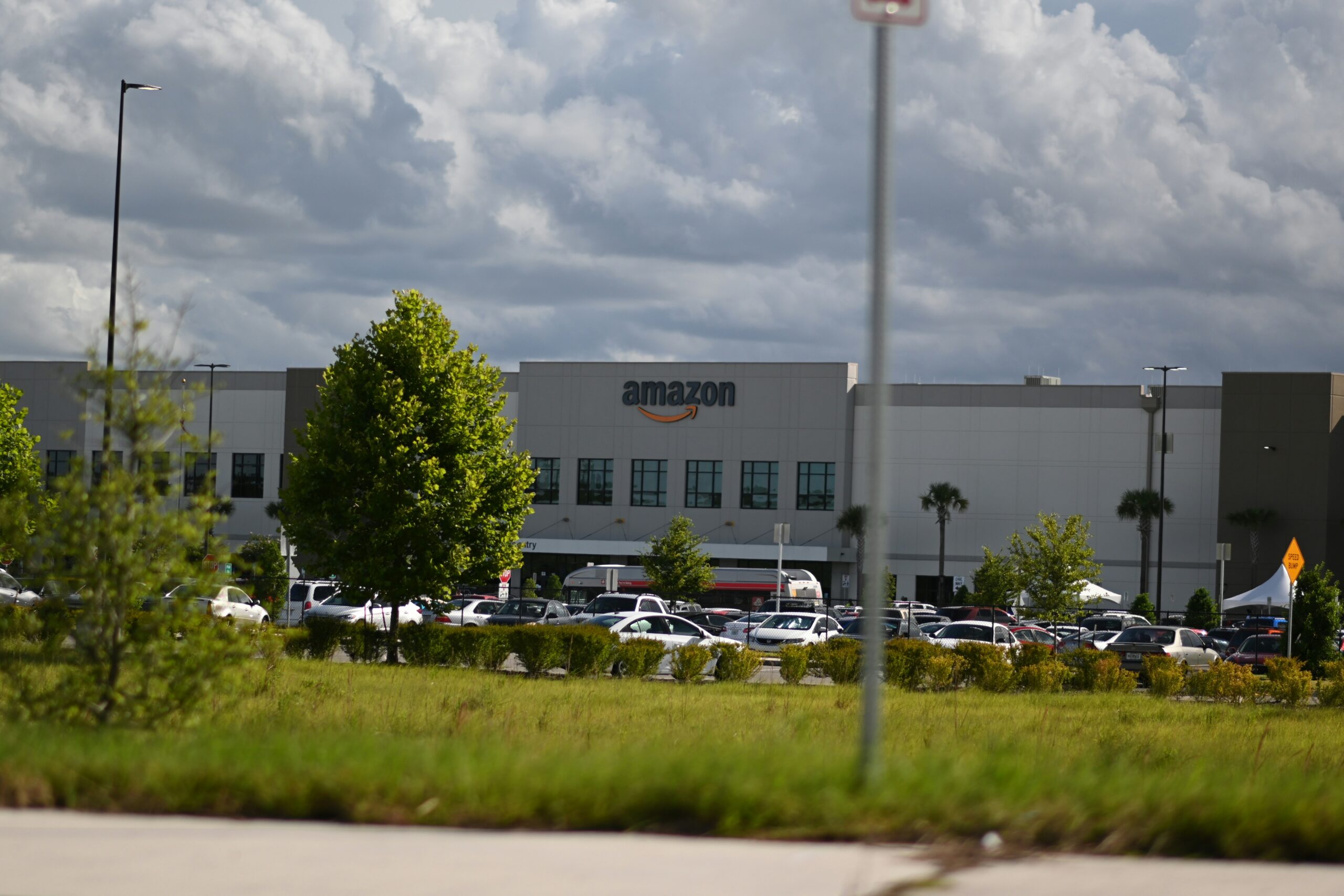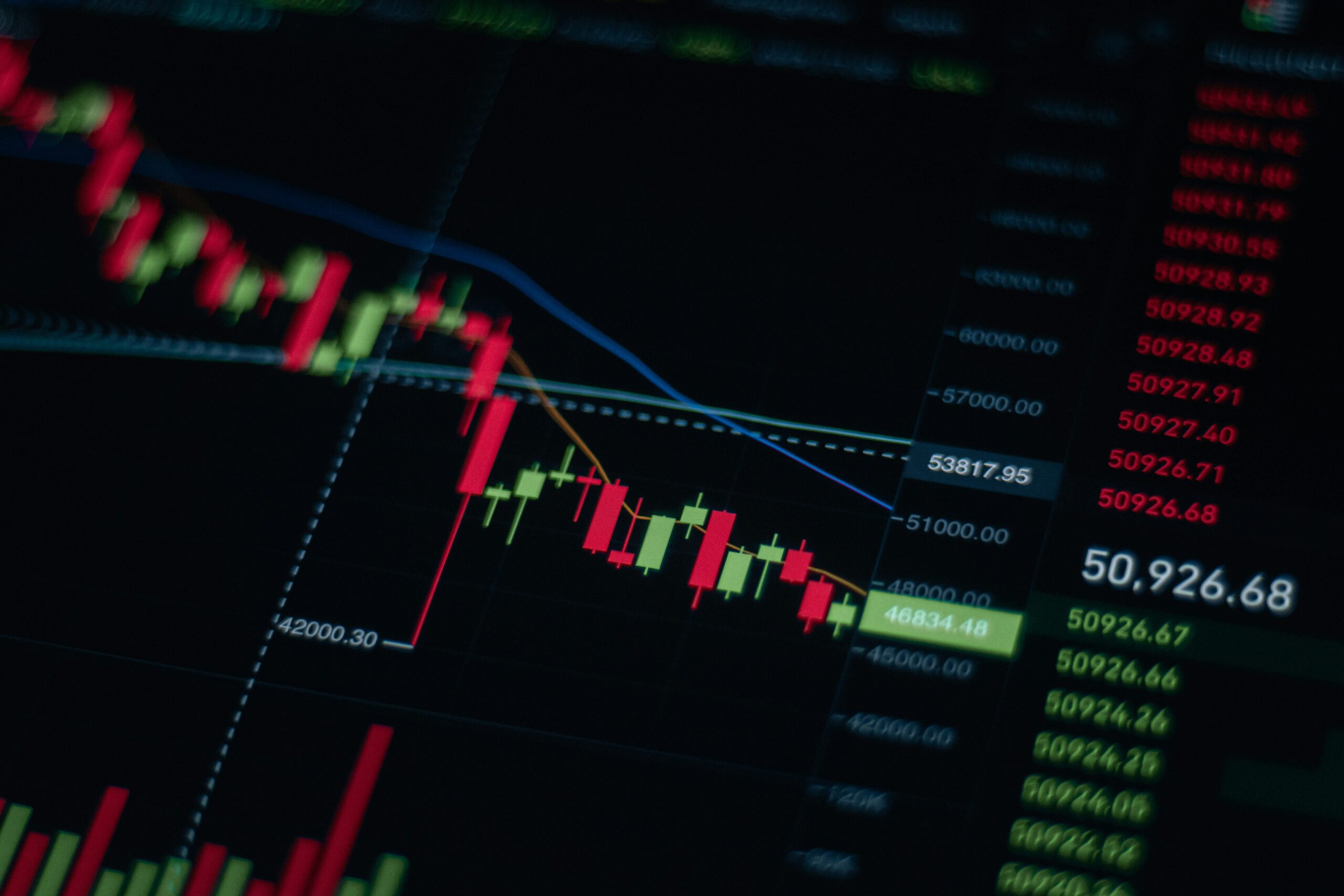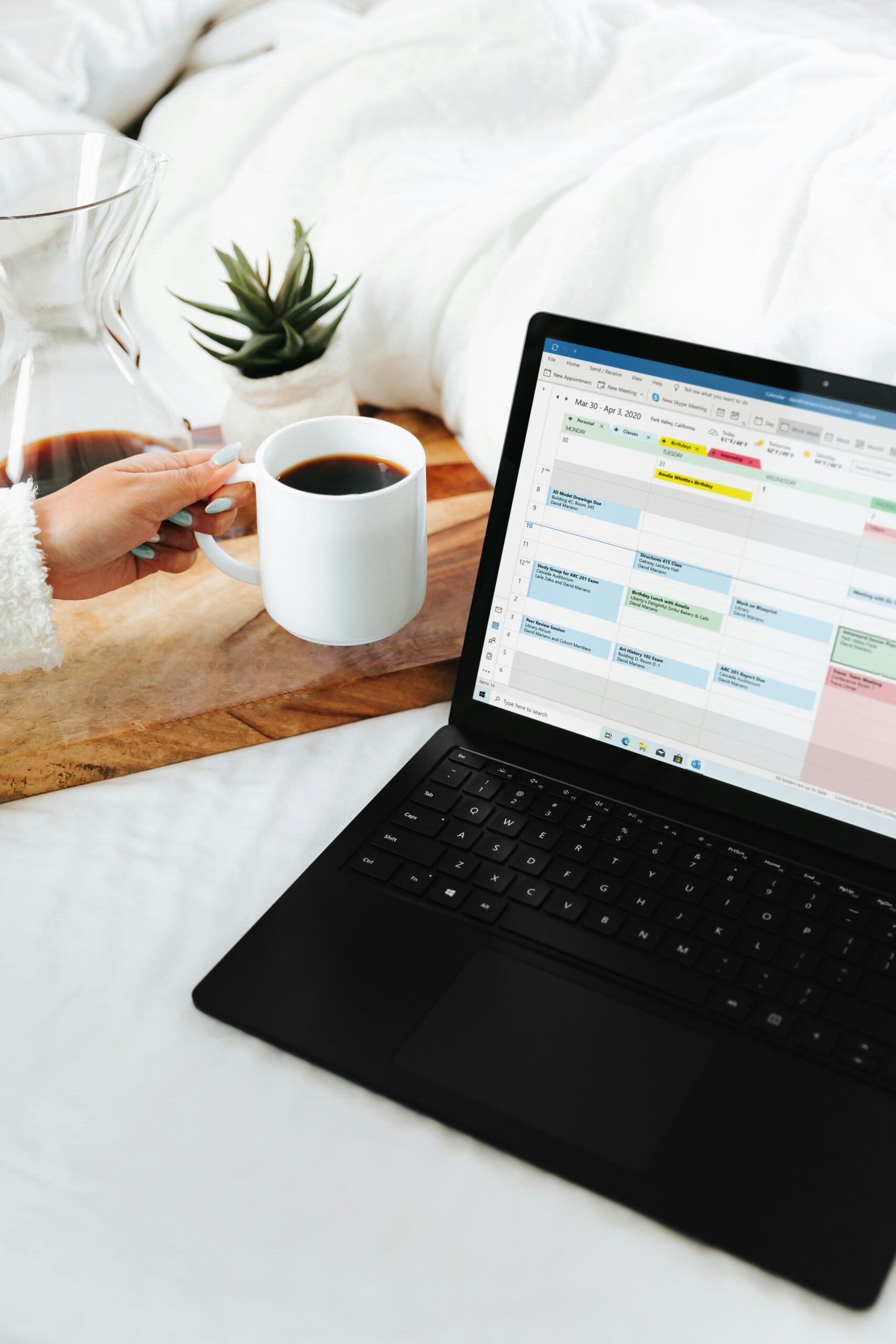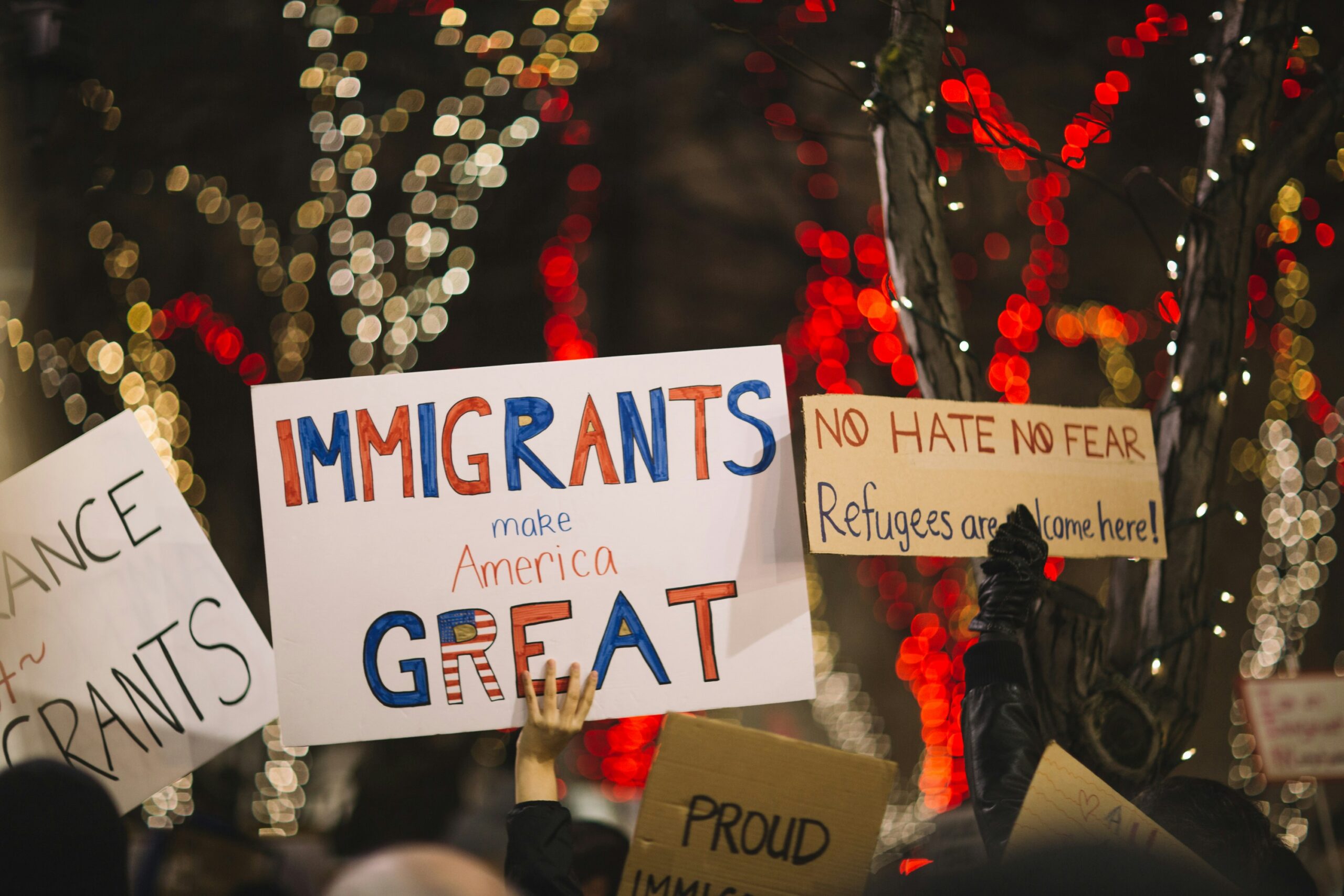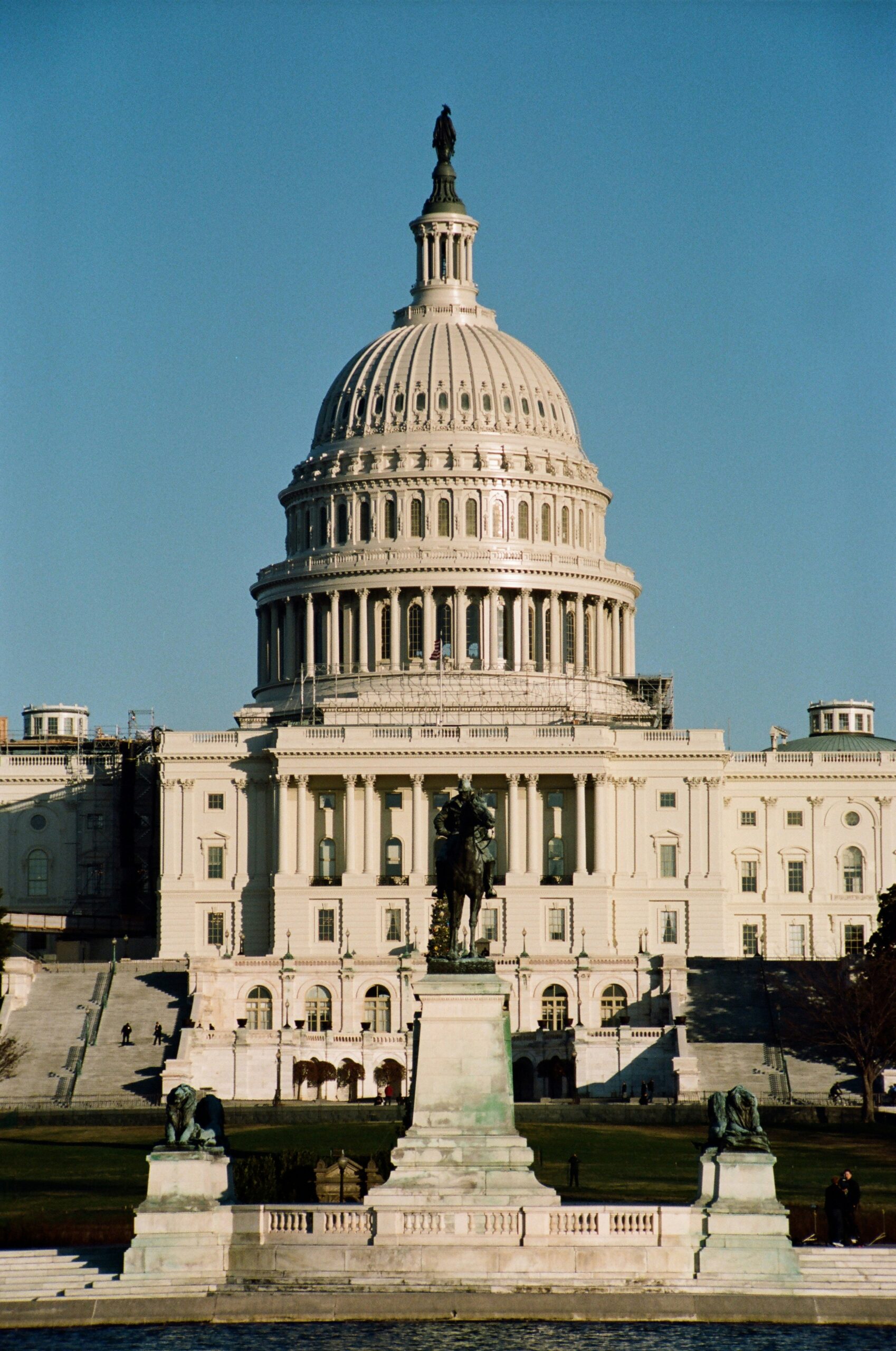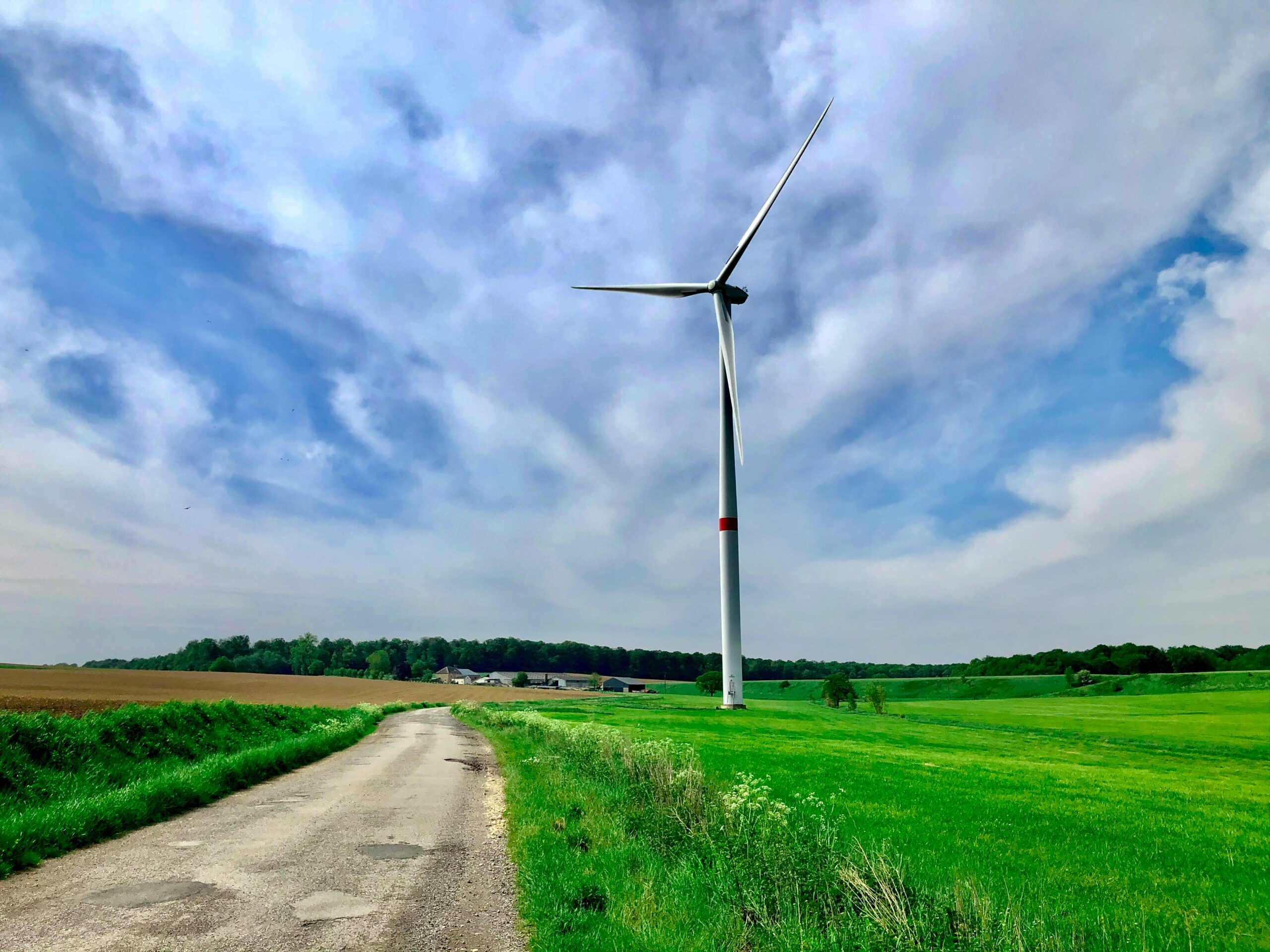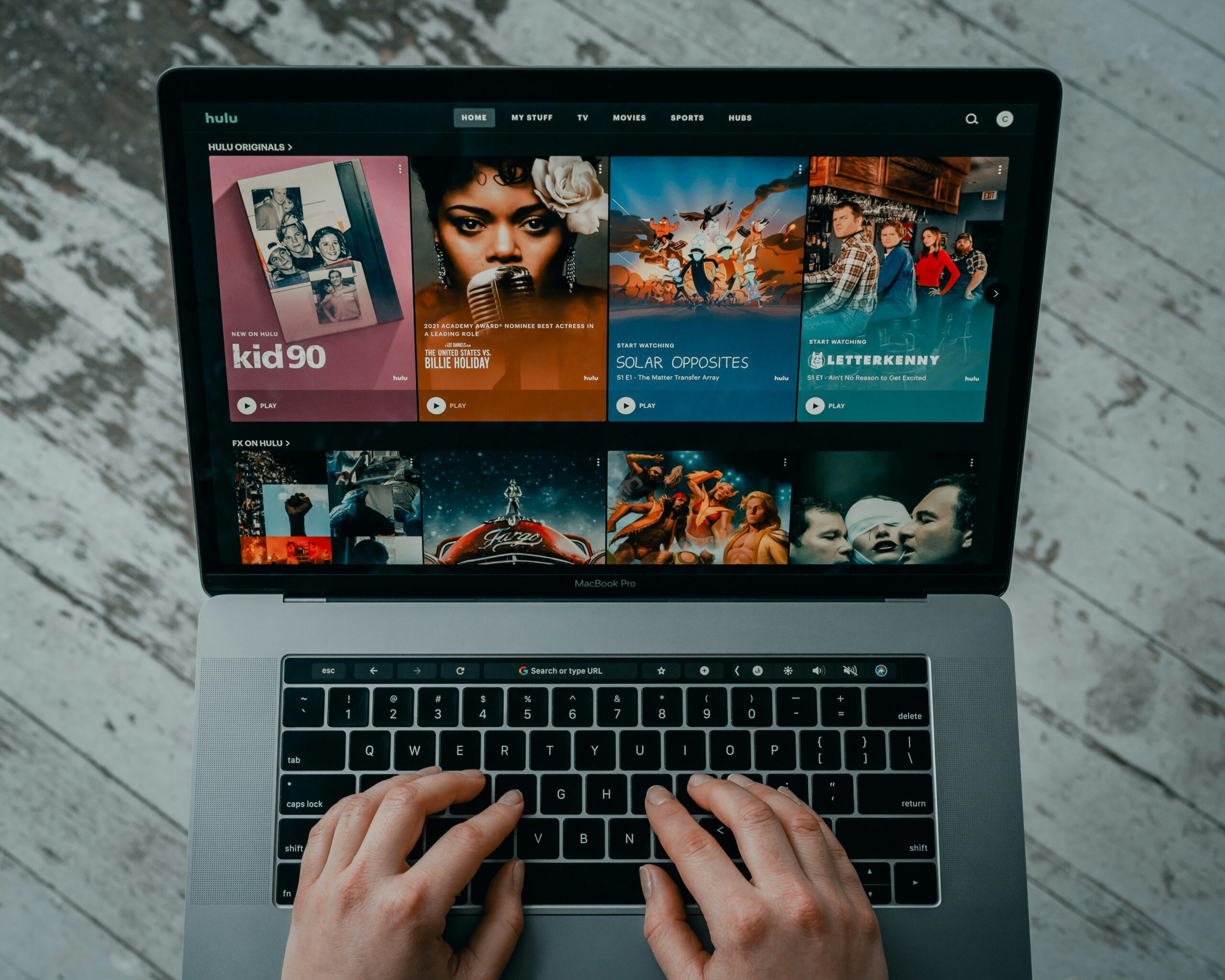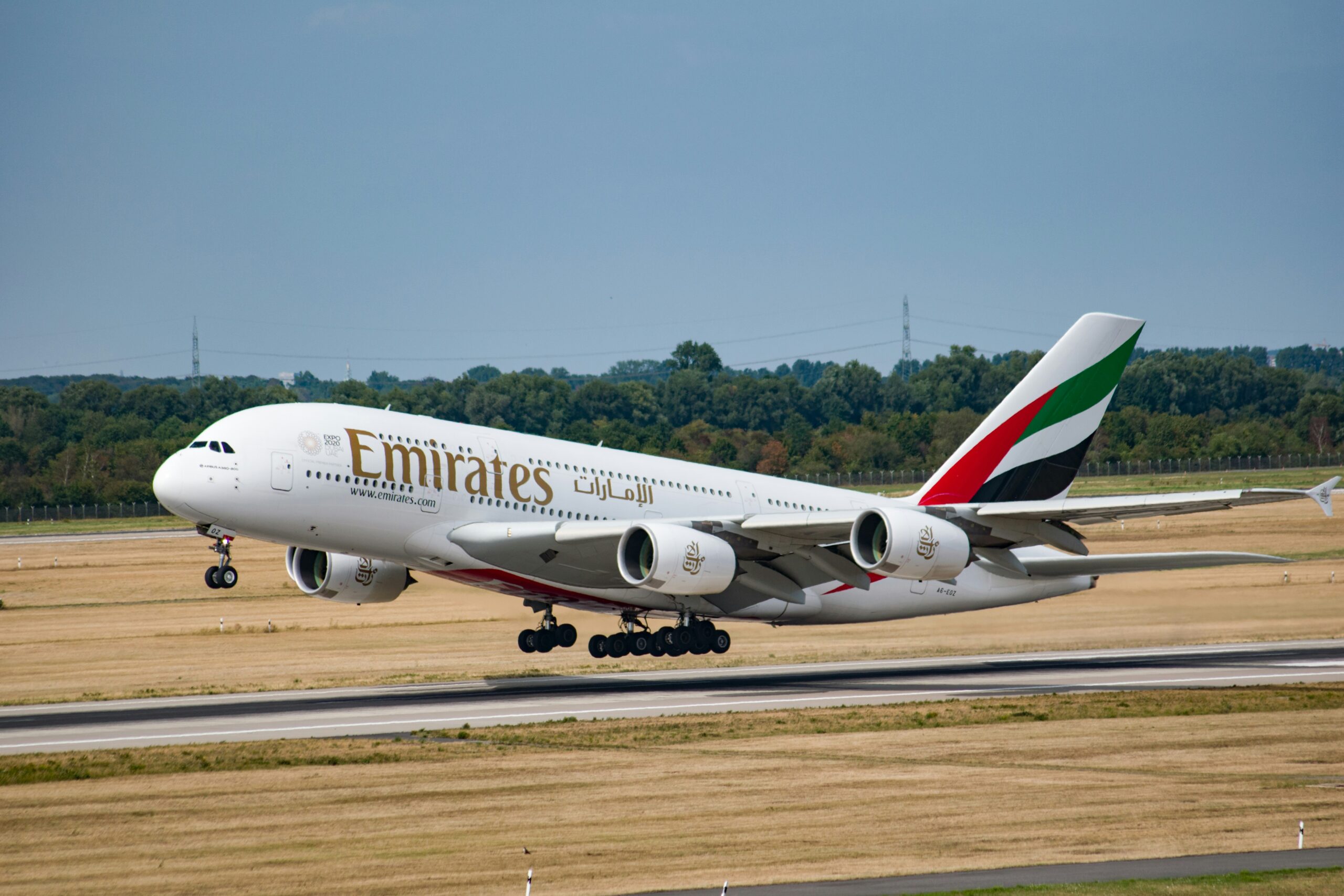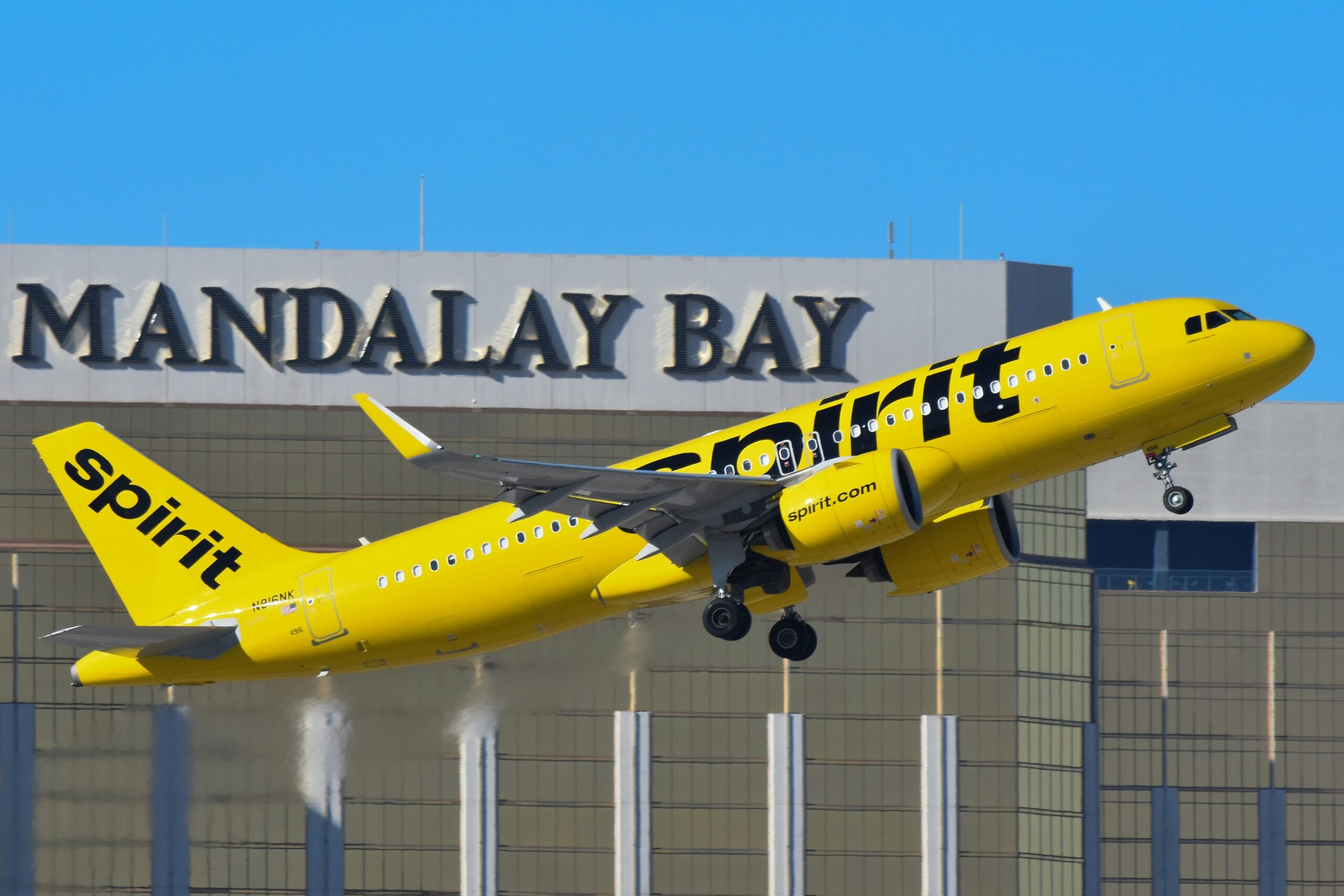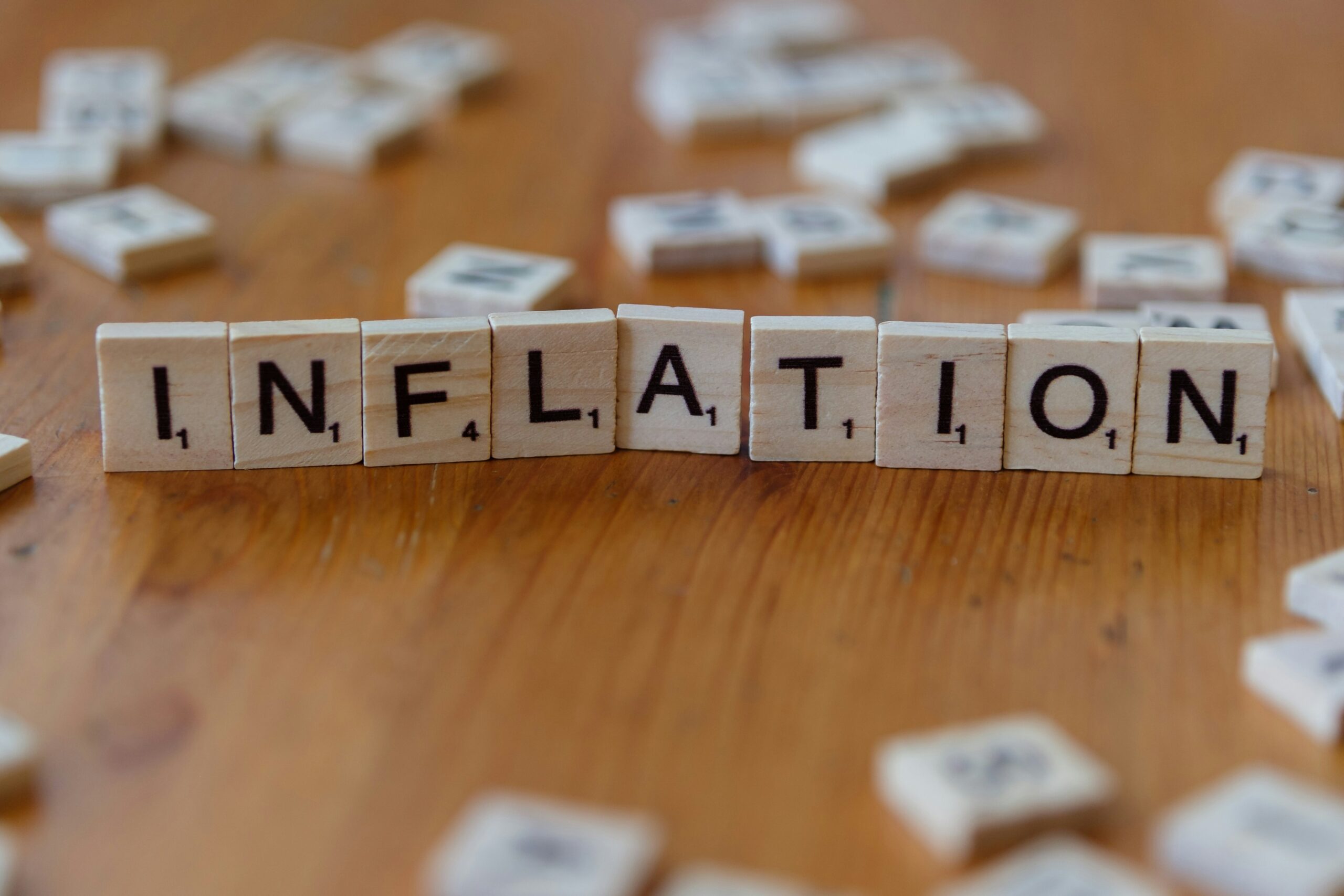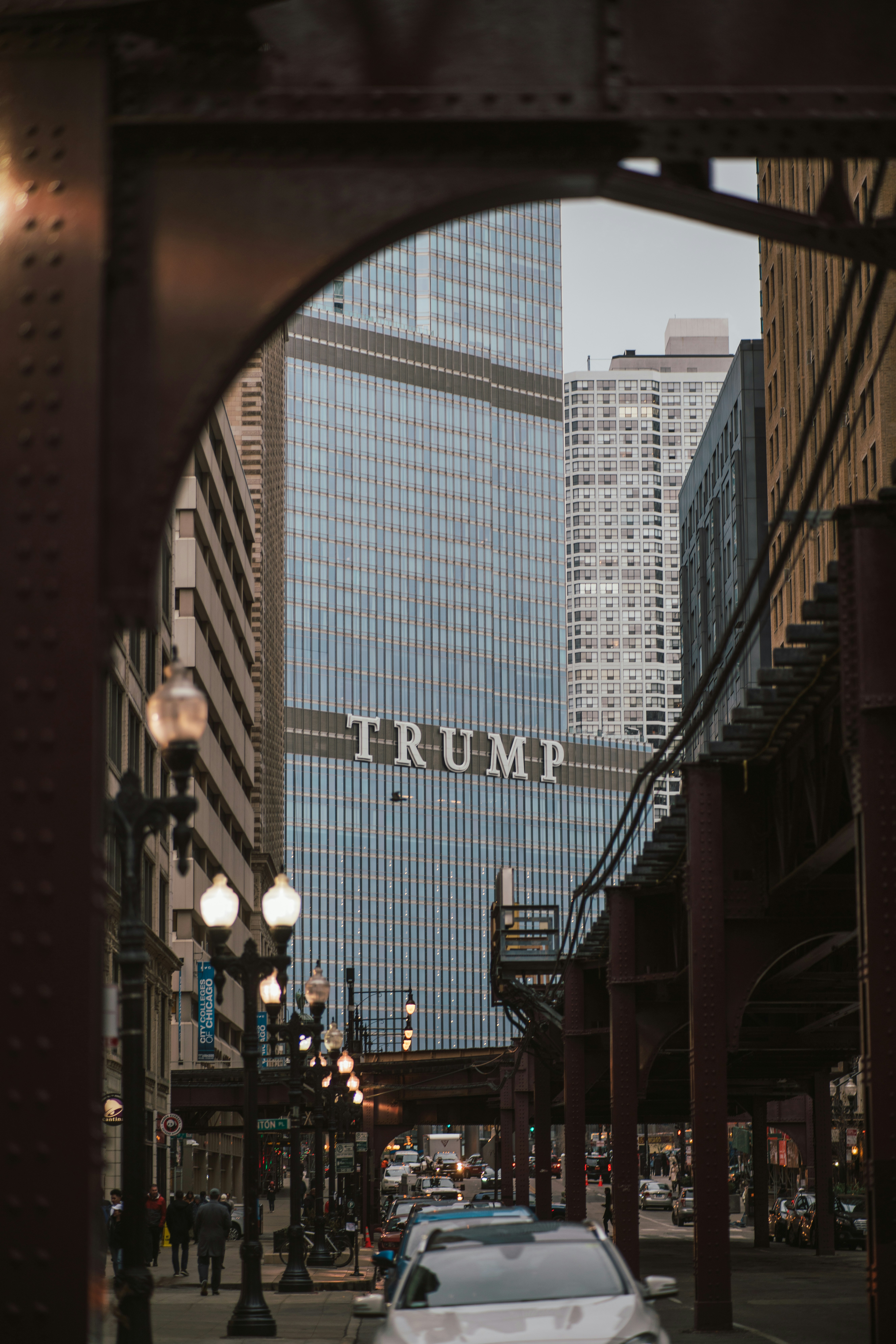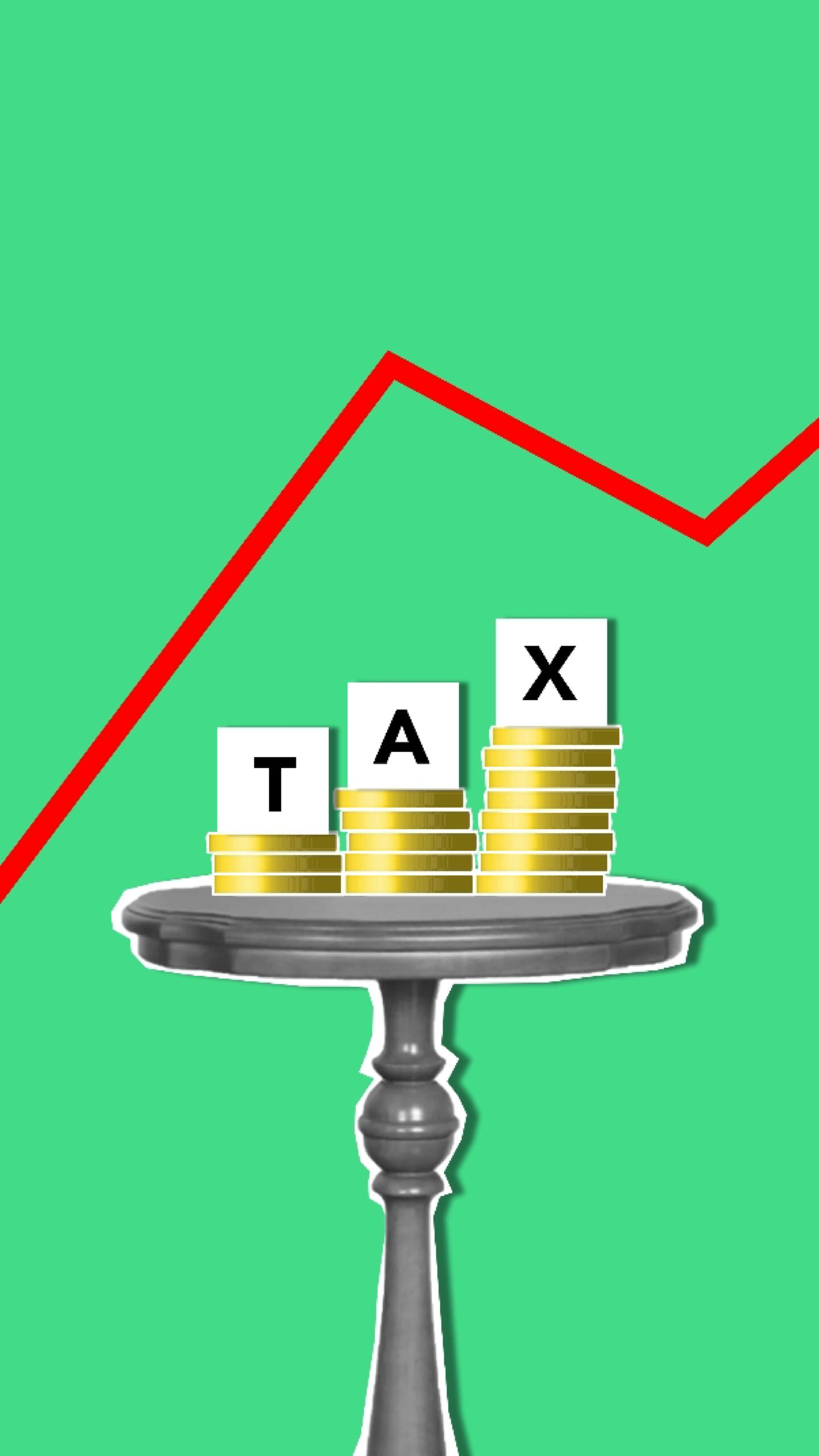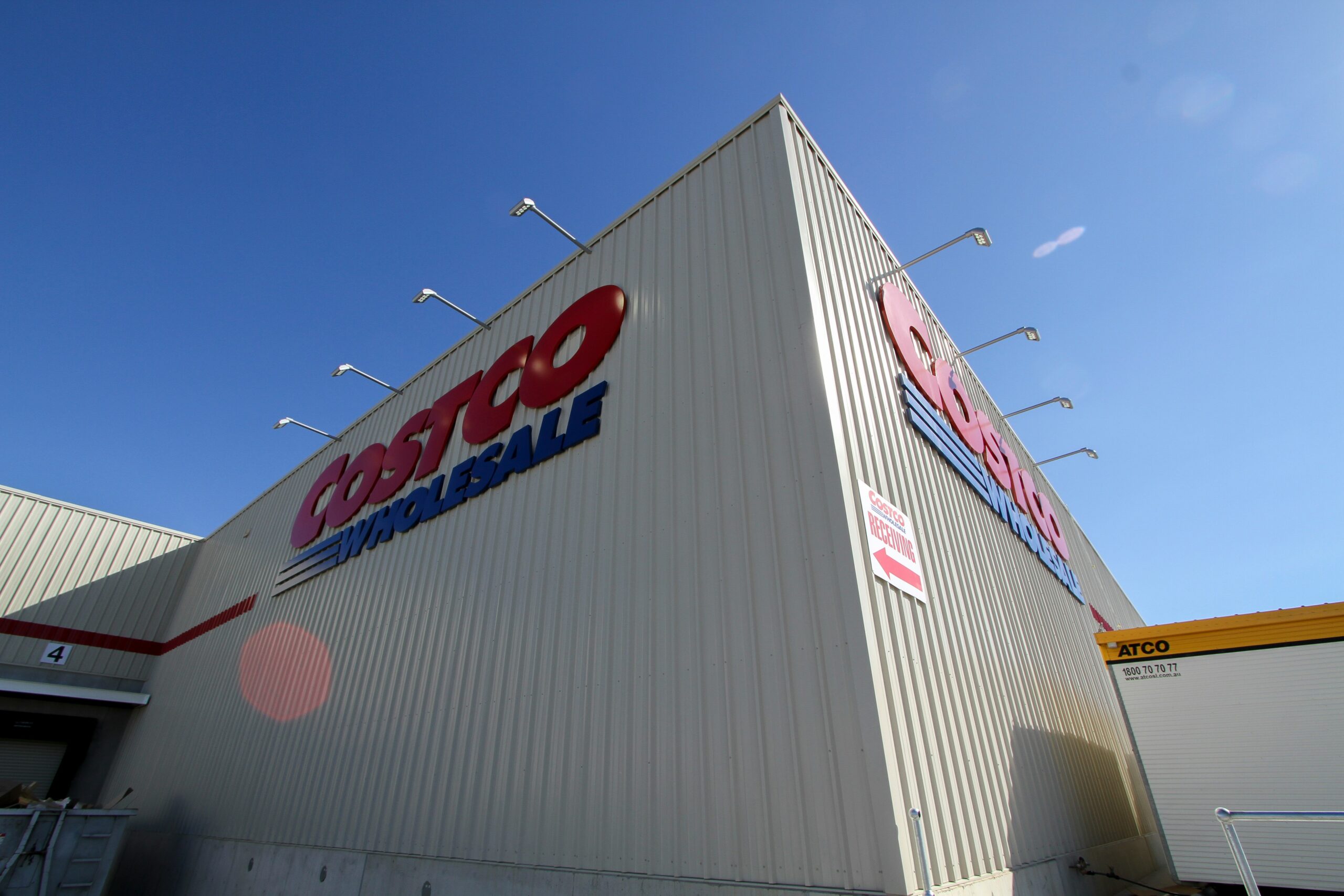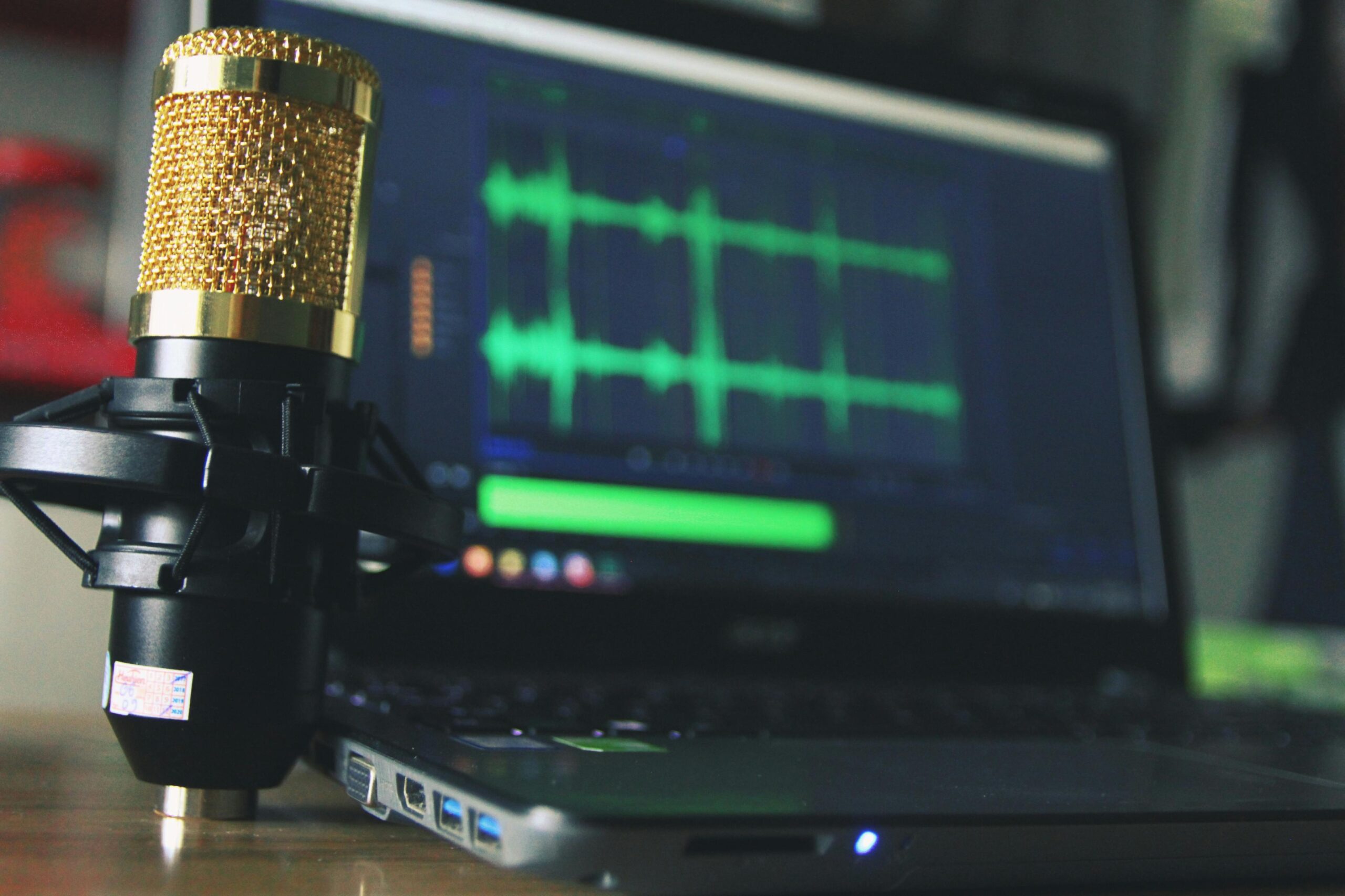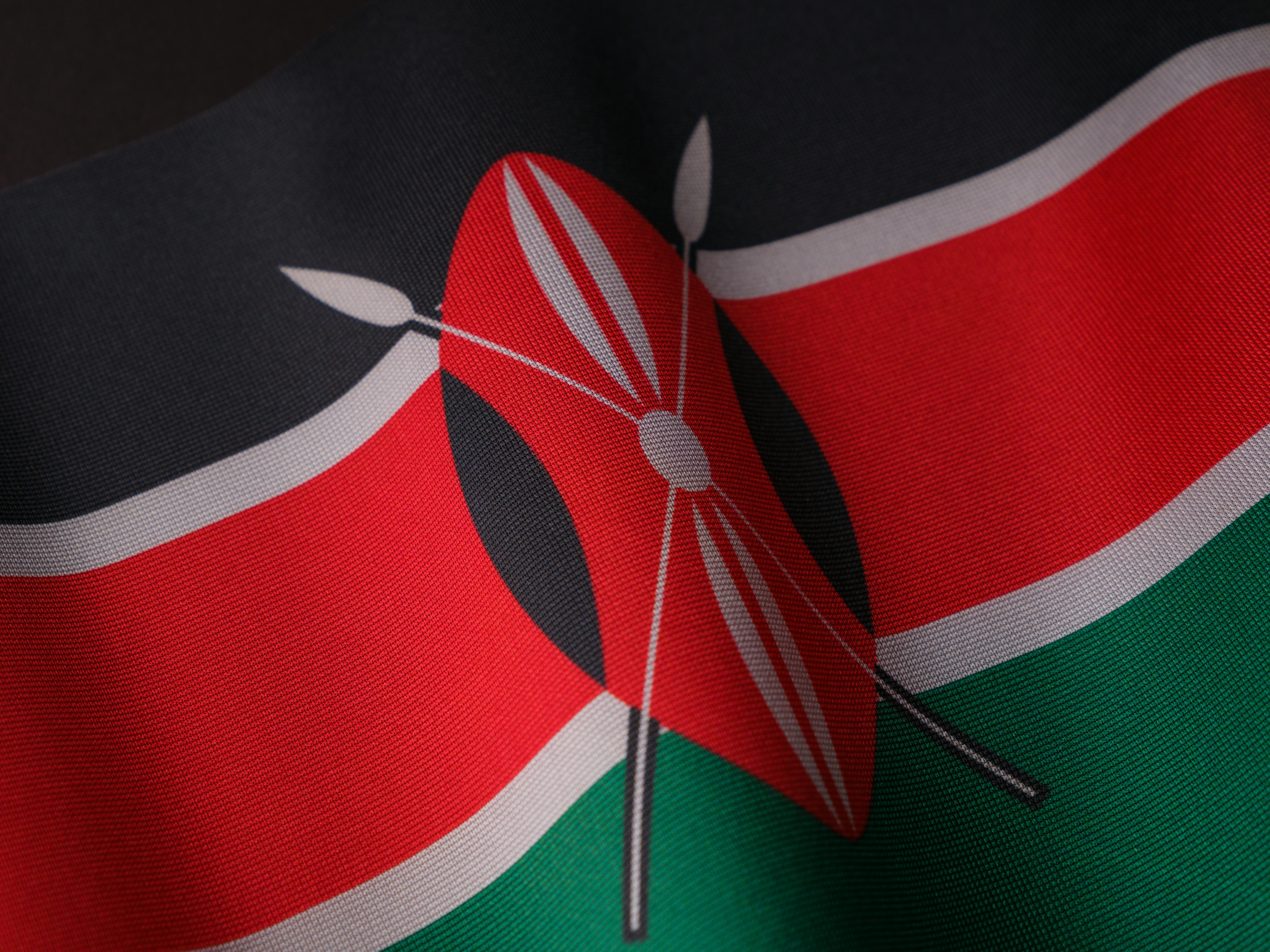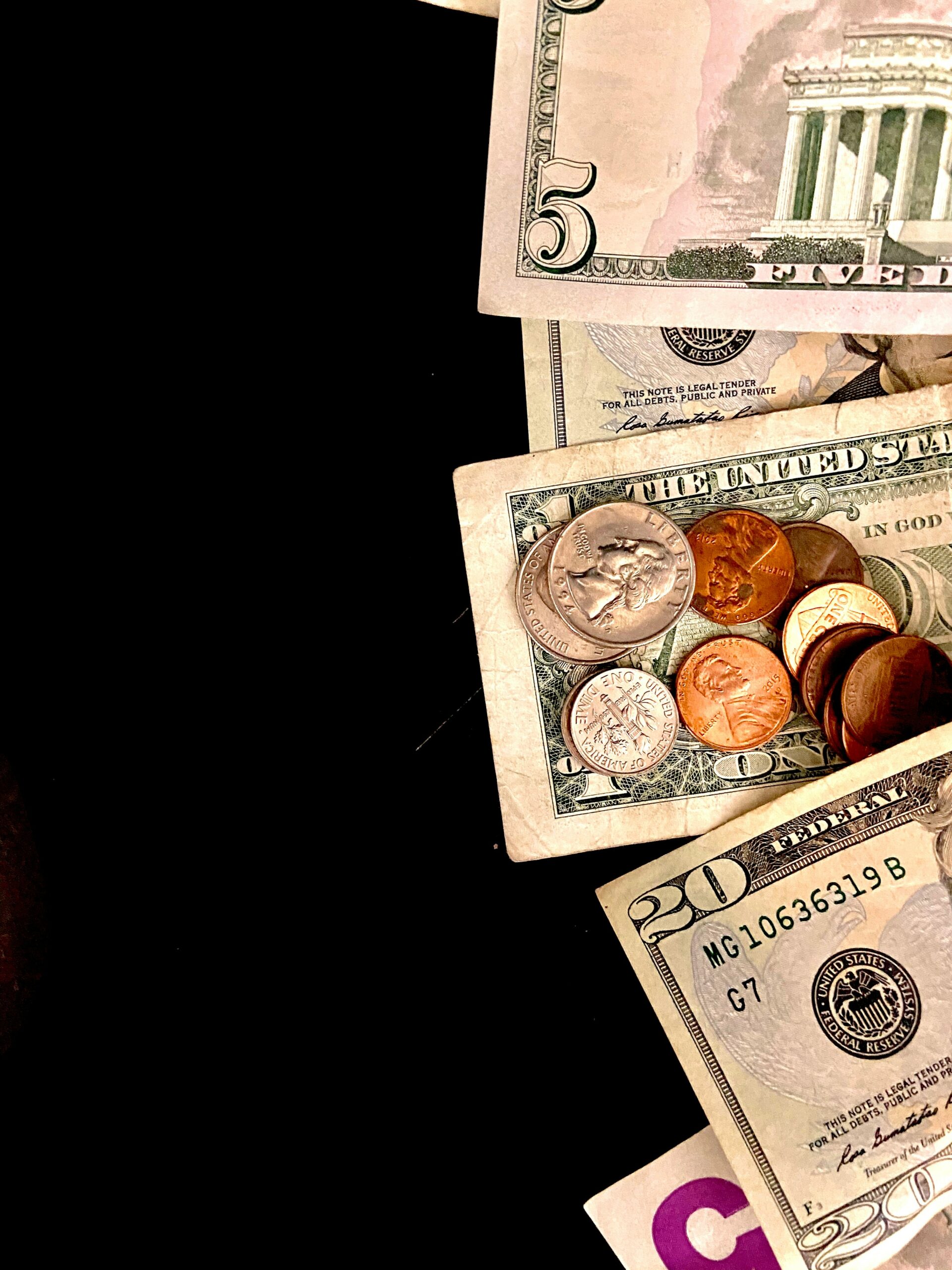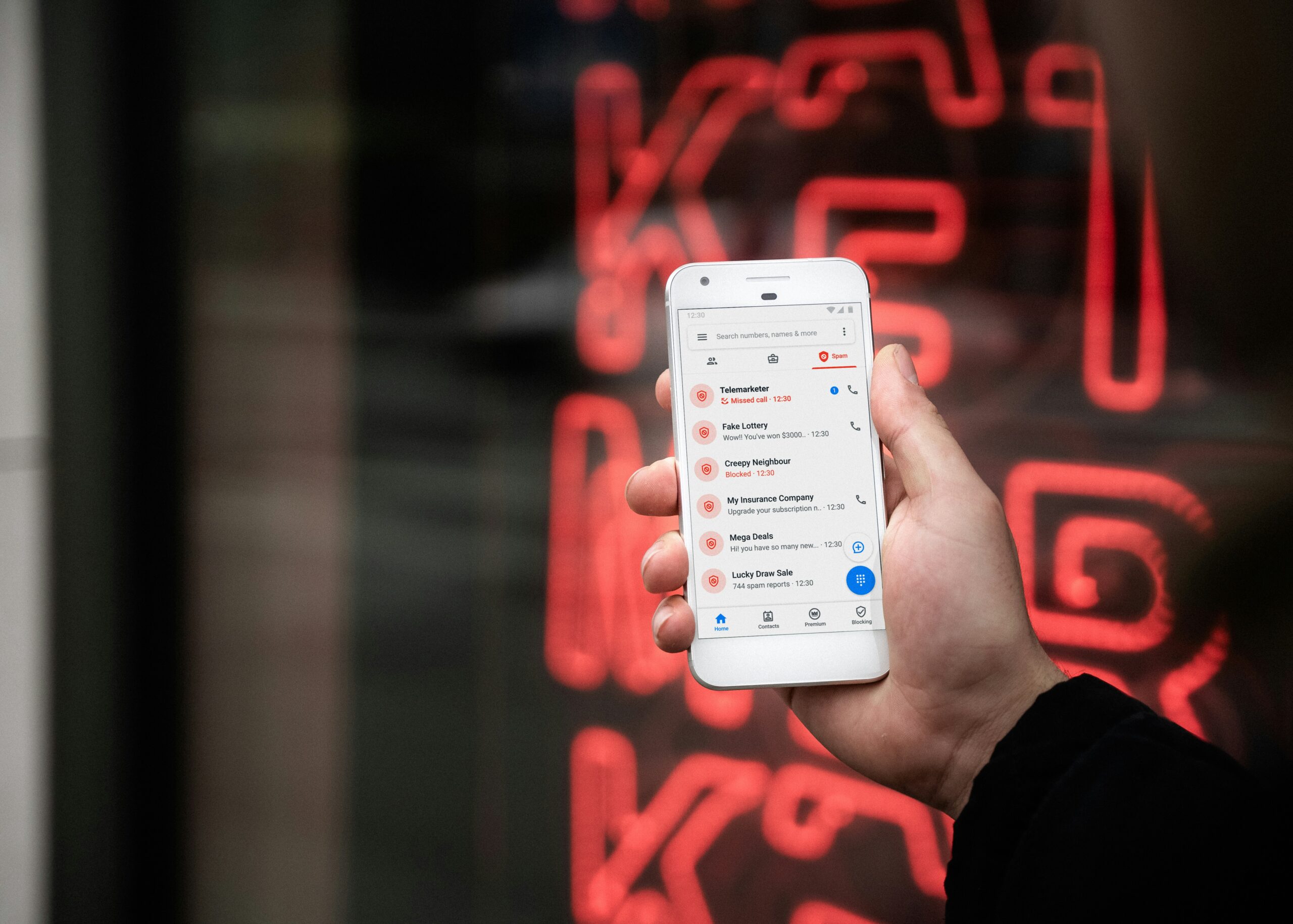Image credit: Unsplash
NFIB released their Small Business Economic Trends Report for October 2024, which indicates a growth in small business optimism. The Small Business Optimism Index rose by 2.2 points in October to 93.7, marking the 34th consecutive month below the 50-year average of 98. Multiple factors may influence small businesses’ outlook, including profit trends, falling inflation, and politics.
The NFIB Report Findings
According to the NFIB Research Foundation, the Small Business Optimism components consist of the reported plans of small businesses to increase employment, make capital outlays, and increase inventories.
The report also surveys how many businesses expect the economy to improve and for actual sales to increase. Other report components include current business inventories, job openings, expected credit conditions, outlook on business expansion, and earning trends.
Some key findings of this report are that while a net negative 20% of small business owners (seasonally adjusted) reported higher nominal sales in the past three months, a net percentage of owners expecting higher sales volumes rose five points to a net negative of 4%. This is the highest reading for this expectation of 2024.
The Impacts of Loans and Inflation
The NFIB Report found that 23% of business owners declared inflation the most critical problem in operating their businesses. This includes the effects of higher input and labor costs. This percentage of owners concerned about inflation remains unchanged from the September report.
While inflation increases have slowed over 2024, inflation in September increased by 0.1%, putting the annual inflation rate at 2.4%, as reported by CNBC. While this increase was higher than the Dow Jones forecast, September had the lowest inflation rate since February 2021. Recent federal interest rate cuts sparked optimism regarding the impacts of inflation.
Business loans also played a factor in the NFIB report. According to the report, a net 5% of business owners reported paying a higher rate on their most recent loans. This marks a decrease of seven points from the September report and is the lowest reading since January 2022.
Outlooks surrounding inflation, rate cuts, and a lowered impact of loan costs may all have influenced the increased Small Business Optimism index.
Political Prospects Preceeding the Election
Another factor influencing the Small Business Optimism Index may be the changing political environment across the US.
In an article by CFO Dive, Oliver Allen, a senior U.S. economist at Pantheon Macroeconomics, attributed Republican leanings to much of the optimism witnessed in the report.
“Small business owners lean Republican and online betting markets pointed to a marked improvement in the Republicans’ perceived chances in the November elections between September and October,” Allen stated.
Although the October report preceded the November election, the CFO Dive article speculates that expectations for Republican victories drove enthusiasm among small businesses. “Those components often surge when political news favors the GOP, for example, after Donald Trump’s win in 2016,” Allen added.
Allen predicts that the index will experience an even more significant surge in November. Whether this positive political outlook will be maintained throughout the next presidency remains to be seen.
The Possibilities of a Changing Market
The Small Business Optimism Index contains other findings, including that 35% of business owners reported having job openings they could not fill for that period. This demonstrates a one-point increase from September and could signal new trends in the labor market.
The NFIB report indicates various changes in the economy to come as inflation and loan concerns diminish and political leanings spark greater optimism. Election results may produce even more dramatic changes in November.





